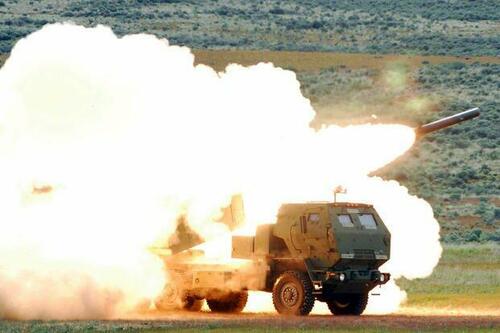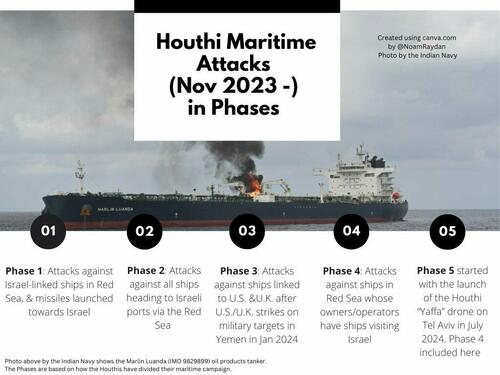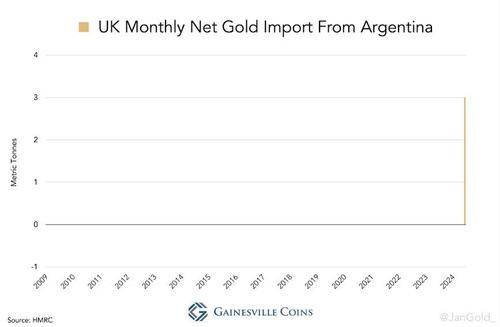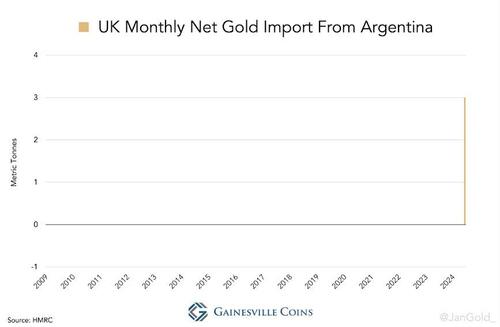Elon’s SpaceX To Rescue Stranded Astronauts After NASA Dumps Boeing
NASA said it has selected Elon Musk’s SpaceX to bring home the US astronauts who were forced to extend their stay at the International Space Station because of the latest debacle plaguing the woke DEI disaster that is Boeing, whose space capsule suffered major technical issues.
Boeing’s spacecraft will return without people on board, the US space agency said during a Saturday news conference announcing its decision, in which it said that it was too risky to bring two astronauts back to Earth in Boeing’s troubled new capsule. What should have been a weeklong test flight for the pair will now last more than eight months.
LIVE: We’re discussing NASA’s @BoeingSpace Crew Flight Test following the completion of today’s Agency Test Flight Readiness Review. Listen in for the latest #Starliner updates. https://t.co/M2ODFmLuTj
— NASA (@NASA) August 24, 2024
The contingency plan means that NASA astronauts Barry “Butch” Wilmore and Sunita “Suni” Williams will hitch a ride home on SpaceX’s rival Crew Dragon capsule during a mission slated to launch in late September. That would put them back on US soil in February, when that capsule is slated to return and months later than originally planned. Their empty Starliner capsule will undock in a week or two and attempt to return on autopilot.
The seasoned pilots have been stuck at the International Space Station since the beginning of June. A cascade of vexing thruster failures and helium leaks in the new capsule marred their trip to the space station, and they ended up in a holding pattern as engineers conducted tests and debated what to do about the trip back.

As Starliner’s test pilots, the pair should have overseen this critical last leg of the journey, with touchdown in the U.S. desert.
It was a blow to Boeing, adding to the safety concerns plaguing the company on its airplane side. Boeing had counted on Starliner’s first crew trip to revive the troubled program after years of delays and ballooning costs. The company had insisted Starliner was safe based on all the recent thruster tests both in space and on the ground.
Retired Navy captains with previous long-duration spaceflight experience, Wilmore, 61, and Williams, 58, anticipated surprises when they accepted the shakedown cruise of a new spacecraft, although not quite to this extent.
Before their June 5 launch from Cape Canaveral, Florida, they said their families bought into the uncertainty and stress of their professional careers decades ago. During their lone orbital news conference last month, they said they had trust in the thruster testing being conducted. They had no complaints, they added, and enjoyed pitching in with space station work.
Wilmore’s wife, Deanna, was equally stoic in an interview earlier this month with WVLT-TV in Knoxville, Tennessee, their home state. She was already bracing for a delay until next February: “You just sort of have to roll with it.”
There were no other options.
The SpaceX capsule currently parked at the space station is reserved for the four residents who have been there since March. They will return in late September, their stay extended a month by the Starliner dilemma. NASA said it would be unsafe to squeeze two more into the capsule, except in an emergency.
The docked Russian Soyuz capsule is even tighter, capable of flying only three — two of them Russians wrapping up a yearlong stint.
So Wilmore and Williams will wait for SpaceX’s next taxi flight. It’s due to launch in late September with two astronauts instead of the usual four for a routine six-month stay. NASA yanked two to make room for Wilmore and Williams on the return flight in late February.
NASA said no serious consideration was given to asking SpaceX for a quick stand-alone rescue. Last year, the Russian Space Agency had to rush up a replacement Soyuz capsule for three men whose original craft was damaged by space junk. The switch pushed their mission beyond a year, a U.S. space endurance record still held by Frank Rubio.
Starliner’s woes began long before its latest flight.
Bad software fouled the first test flight without a crew in 2019, prompting a do-over in 2022. Then parachute and other issues cropped up, including a helium leak in the capsule’s propellant system that nixed a launch attempt in May. The leak eventually was deemed to be isolated and small enough to pose no concern. But more leaks sprouted following liftoff, and five thrusters also failed.
All but one of those small thrusters restarted in flight. But engineers remain perplexed as to why some thruster seals appear to swell, obstructing the propellant lines, then revert to their normal size.
These 28 thrusters are vital. Besides needed for space station rendezvous, they keep the capsule pointed in the right direction at flight’s end as bigger engines steer the craft out of orbit. Coming in crooked could result in catastrophe.
With the Columbia disaster still fresh in many minds — the shuttle broke apart during reentry in 2003, killing all seven aboard — NASA embraced open debate over Starliner’s return capability. Dissenting views were stifled during Columbia’s doomed flight, just as they were during Challenger’s in 1986.
Despite Saturday’s decision, NASA isn’t giving up on Boeing.
NASA went into its commercial crew program a decade ago wanting two competing U.S. companies ferrying astronauts in the post-shuttle era. Boeing won the bigger contract: more than $4 billion, compared with SpaceX’s $2.6 billion.
With station supply runs already under its belt, SpaceX aced its first of now nine astronaut flights in 2020, while Boeing got bogged down in design flaws that set the company back more than $1 billion. NASA officials still hold out hope that Starliner’s problems can be corrected in time for another crew flight in another year or so.
Tyler Durden
Sat, 08/24/2024 – 13:28
via ZeroHedge News https://ift.tt/lkQiRsM Tyler Durden












